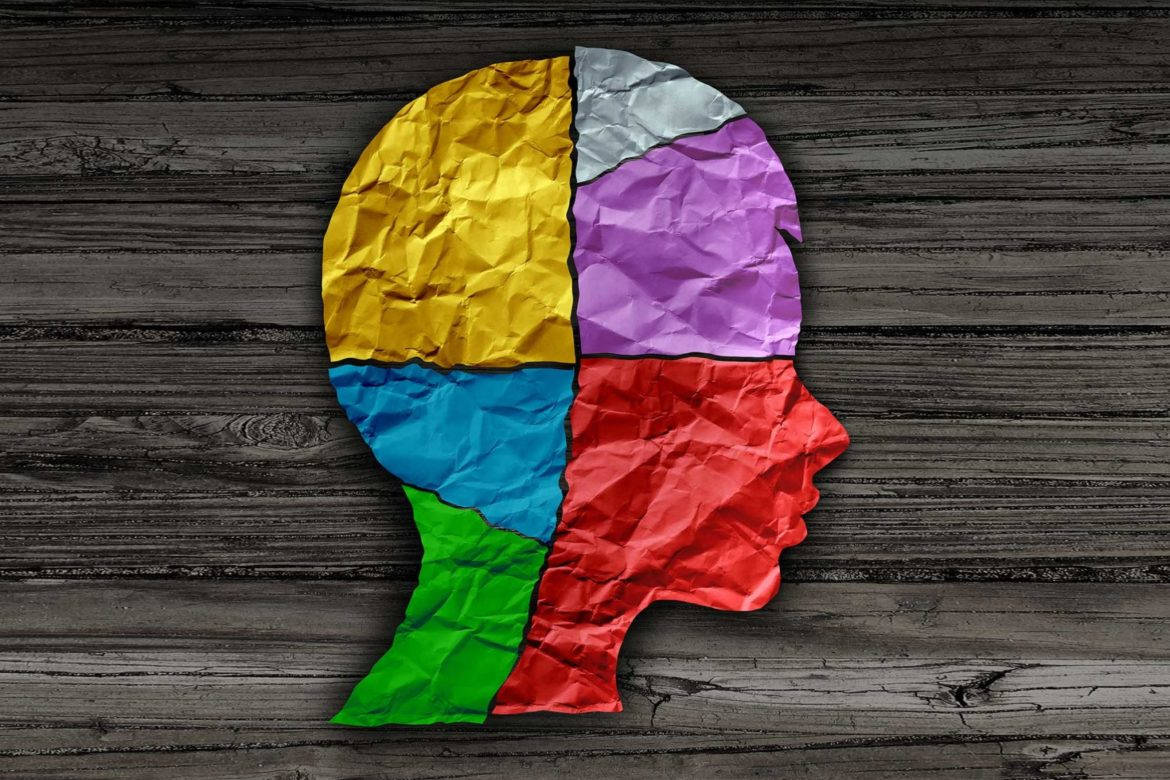

I believe that healing and restoration are possible: I have witnessed human resiliency beyond my own imagination and it is my honor to work in service of this. In counseling, I have worked in a variety of outpatient settings, including my most recent work with the refugee population and survivors of torture. I find delight in using what I know about the body now in my work as a psychotherapist. In these roles, I witnessed the mind-body connection within personal health. My first career was in health and wellness, specifically working as a Pilates instructor and health coach.

One of the key reasons therapy works is the relationship between the therapist and client it’s why reading a book about emotional health isn’t often enough. I support psychological healing through interpersonal therapy that is, therapy which incorporates the physiology of the brain and psychological principles through experience and reflection within the relationship of the therapist and client(s). However, I have found that including the physical part of our experiences – even when the primary symptom is psychological – results in profound change. Historically, therapy in the Western world has not included the body when working to resolve pain and restore health in a counseling setting. This means I value equally the experience of the body, mind, and emotional soul during counseling.

Then, we engage in the work of therapy to support this change and see the suffering end. Together, we identify the symptoms they would like to see changed (better sleep, less headaches, less fear, less anger) or patterns they would like to see shifted (standing up for myself, healthy relationships). I connect with my clients because we both want to see an end to their suffering. In either setting, the support and structure needed by an individual was not available, whether within a specific time-limited incident or the duration of a relationship. Secondly, the experience of “too little for too long.” Situations involving absent parents, ongoing emotional abuse, and enduring microagressions as a minority person (race/gender/sexual orientation) fit this profile. First, the experience of “too much, too fast.” Experiences of violence, accidents, and natural disasters fall into this category. Trauma is any experience which overwhelms us. They have experienced events or relationships in their lives which have left them feeling as if they are falling apart (shaky, too many thoughts, easily emotional) or shut down (empty, no energy, difficulty making relationship connections) or flipping between both (“Some days I feel like I am drowning and some days I feel nothing.”)Īlthough they might not know it when they first come to therapy, many of these clients are suffering from the effects of trauma.


 0 kommentar(er)
0 kommentar(er)
